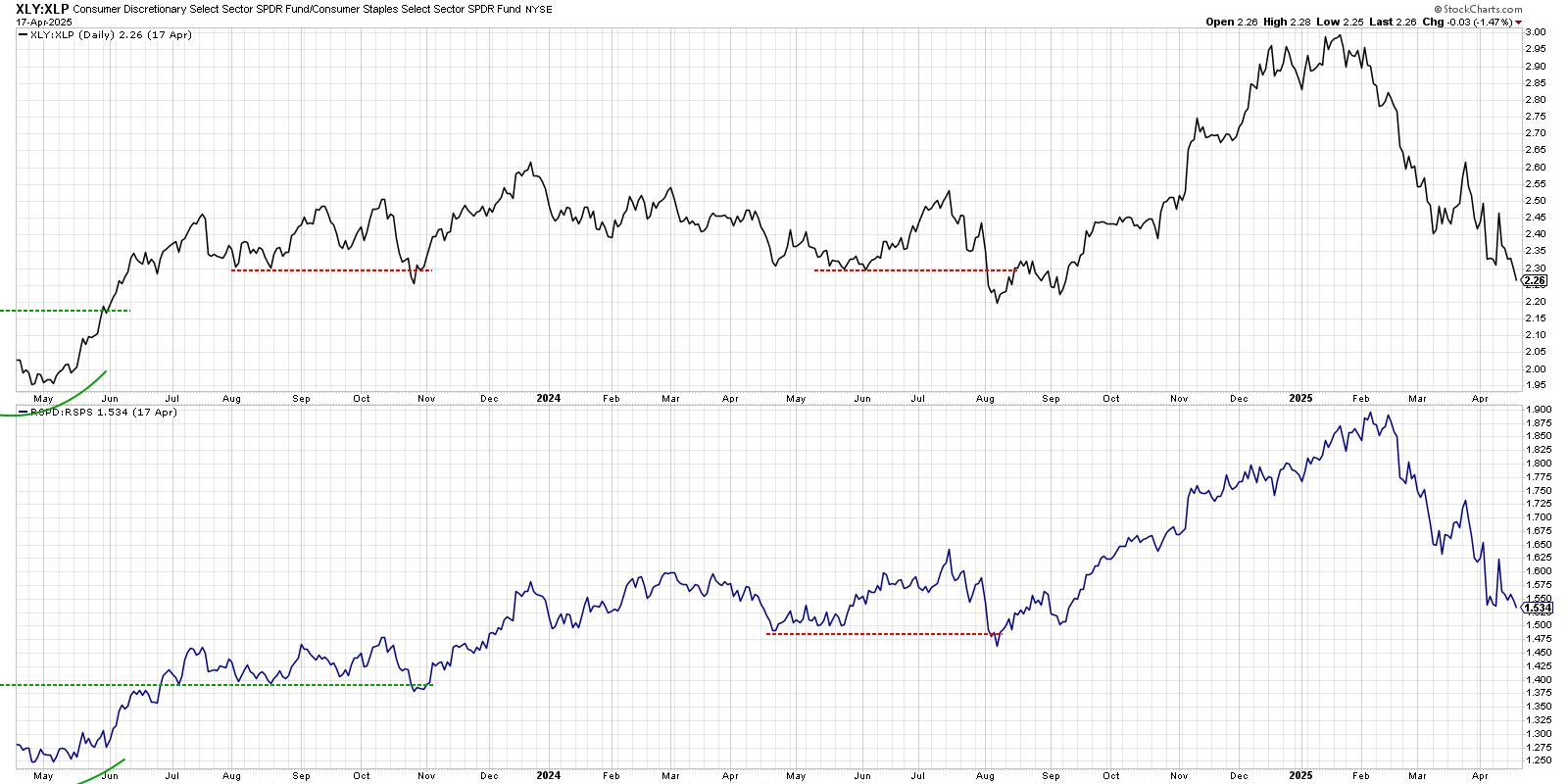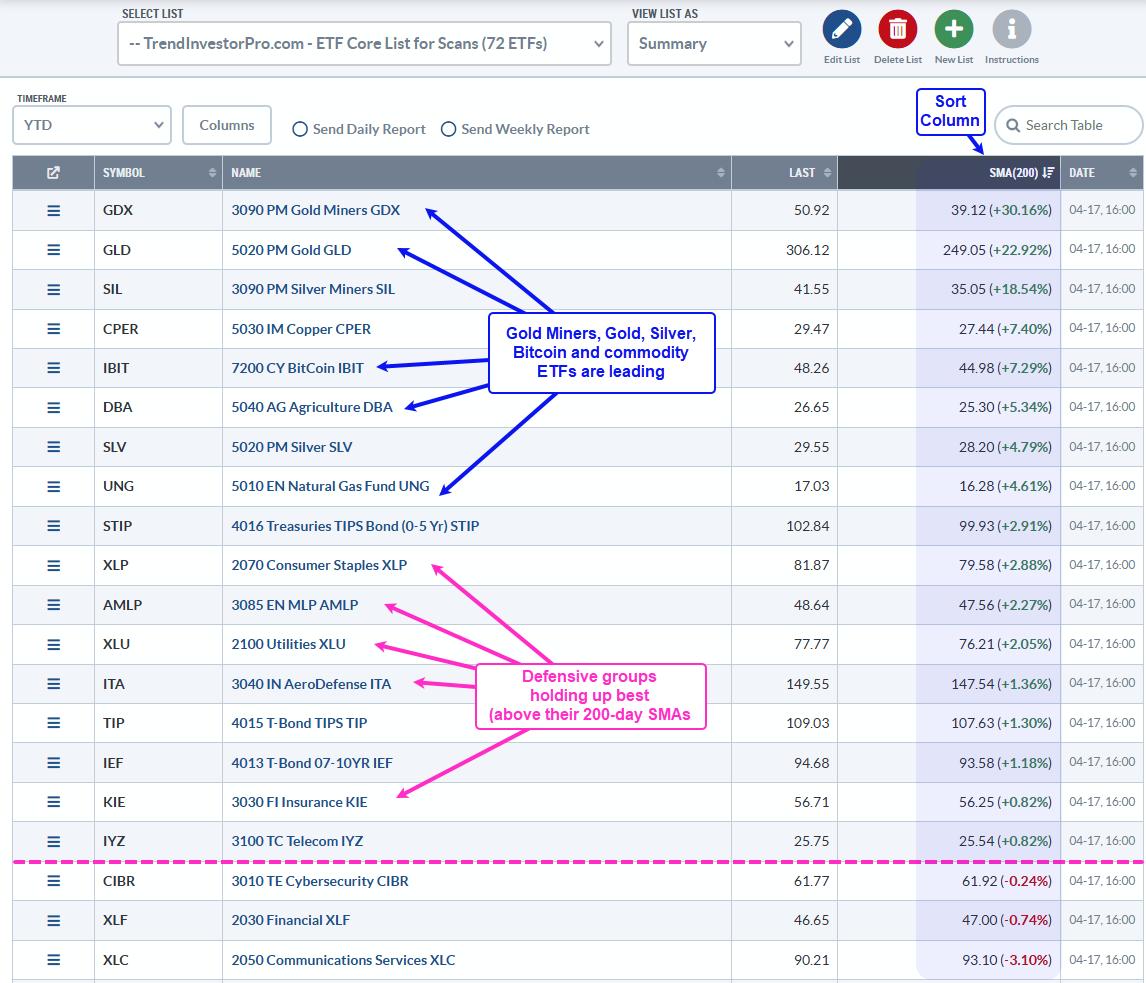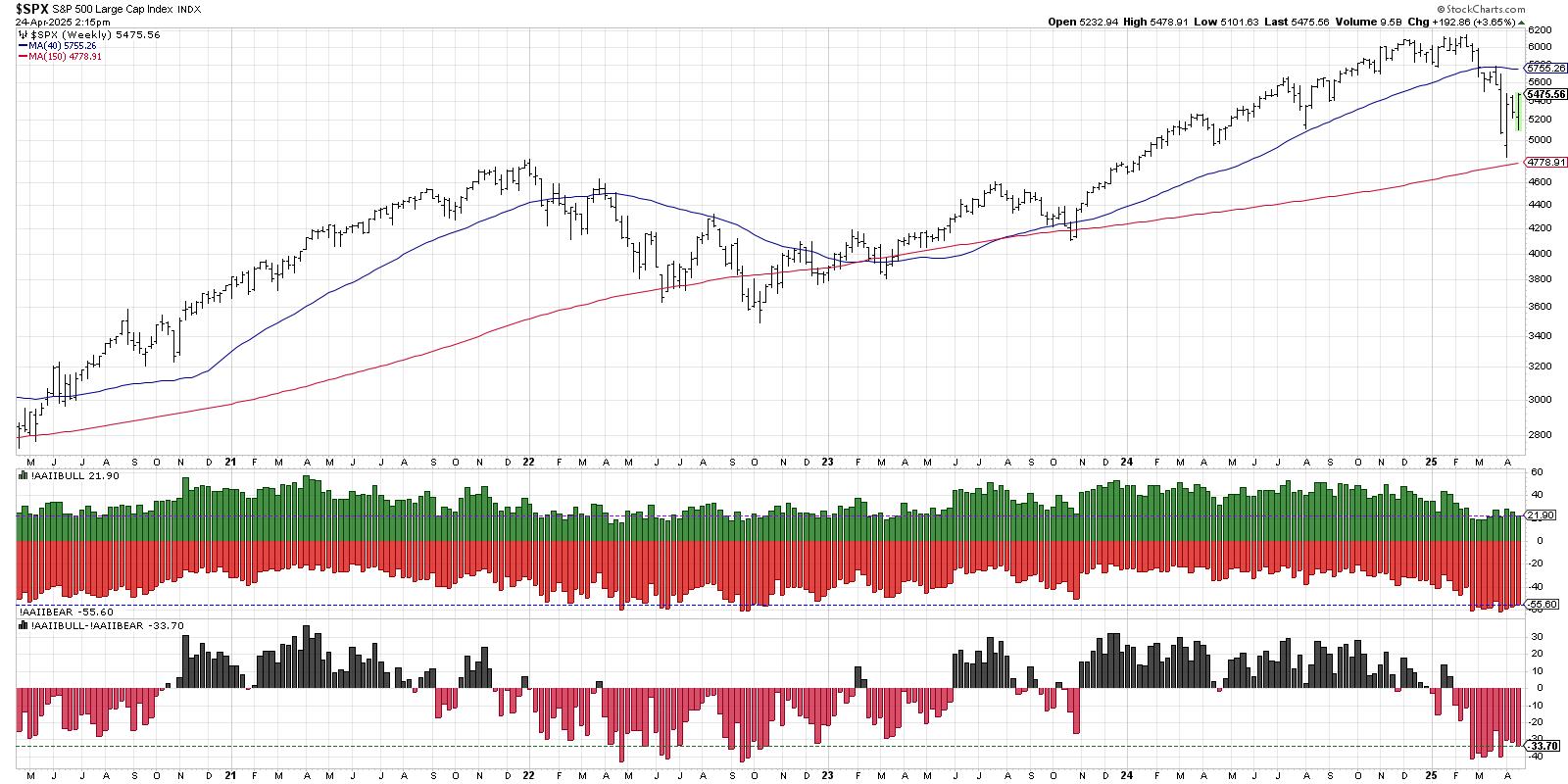
- The book mentioned most regularly at the conference was THINKING, FAST AND SLOW by Daniel Kahneman.
- A number of academic research papers have shown that investors have a 2:1 loss aversion ratio. In other words, they feel twice as bad about losing a dollar as they do about winning a dollar. This explains in part why markets turn down so quickly.
- One of the small group seminars I attended was focused on ‘personal branding’. I came away with two definitions I liked very much:
a. “The ability to deliberately use attributes that demonstrate your capability to manage the expectations one will receive from an encounter with you.” – Kaplan Mobray
b. “Who you are, what you do, and why you do it.” – Michael Port - You may very well succeed with an eccentric investing style, if you manage to make it your own and embrace only that one methodology. The problems arise and performance deteriorates when you try to manage dichotomous strategies.
- At a global conference such as this, with an Australian sitting to my left, a South African to my right and a Czech economist, Tomas Sedlacek, up front on the podium, it quite clearly reminds me how global and challenging investing can be if you don’t find your own niche and focus. By the way, the attendees raved about his book, Economics of Good and Evil.
- Stock market investors don’t do ‘gradual’ very well. Their collective approach tends more towards ‘shock and jolt’ which explains why markets always move to extremes.
- Dr. William Sharpe spoke passionately about public pension programs. He claims that according to top-tier actuaries, these programs have epic liabilities and are astronomically underfunded as a result of idiotic government accounting and crazy investments. He is so concerned with what he referred to as a “bad setup and sick situation” that he has devoted his retirement to helping investors rescue their retirement via his non-profit website at RetirementIncomeScenarios.blogspot.com.
- One recurring theme I heard was that the best long-term managers ‘secret’ was to have a sustainable strategy that’s based on participating in up markets during bullish cycles and minimizing loses during the inevitable bearish cycles. You essentially earn your stripes in downturns. Their high net worth clients won’t fire them if they don’t outperform the market, but will do so if they lose money. I relate to this as protecting your assets at all costs so you can fight another day. Or as one attendee said, it’s more about protecting a lifestyle and being responsible to future generations rather than about maximizing returns.
- I liked this witty comment from one of the speakers who said that in these market times, we get the 100-year flood every 5 to 10 years. During the days of calm waters, it’s important to strategize about meltdowns prior to the inevitable stormy waters ahead.
- One money manager’s definition of a win-win relationship is when he (the manager) performs well and also prevents his client from doing wrong. Their corporate objective requires a good outcome on both fronts which all too often is very difficult to achieve.
In the near future, please look for Part II of this blog on the key take-aways from the CFA Conference.
Trade well; trade with discipline!
-- Gatis Roze






